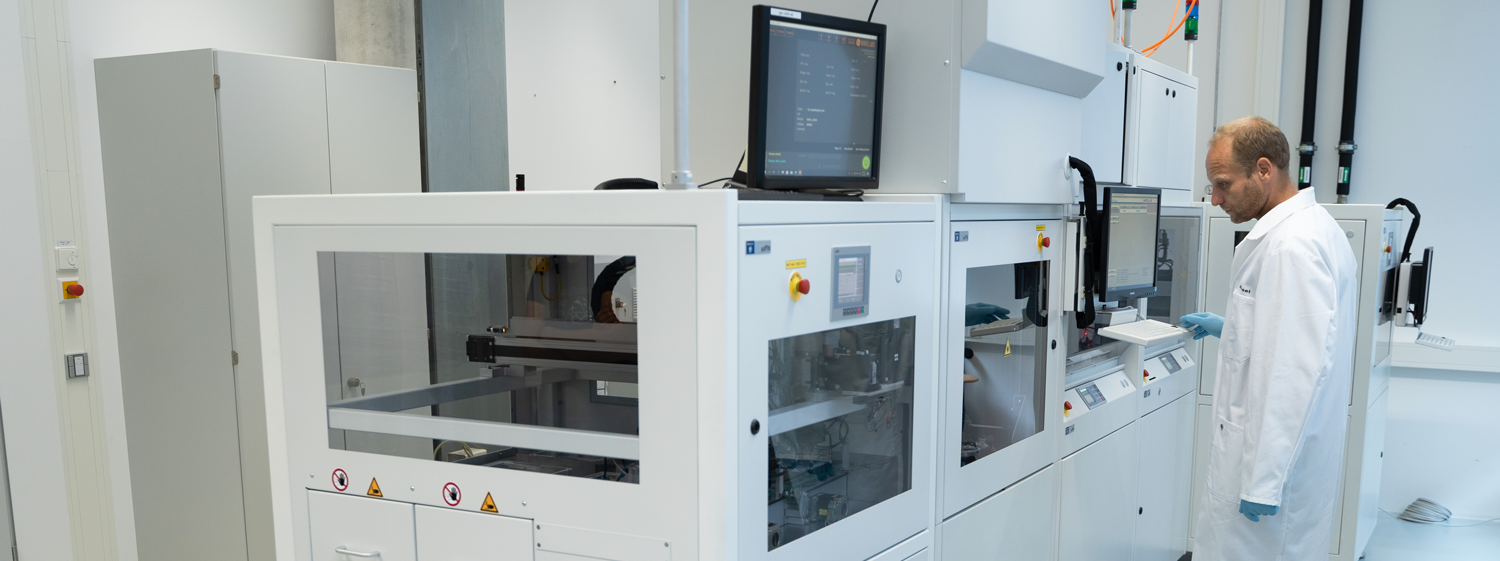Motivation and Problem
The quality and scope of materials and components manufactured in Europe for photovoltaics, such as silicon wafers, solar cells, and modules, are essential for the further development of the industry. It is important to reduce dependence on imports at all stages of production and to create competitive conditions. The focus is on the production of high-quality and efficient solar cells using the latest technologies. Another aspect of manufacturing in Europe is compliance with environmentally friendly production standards. This includes the use of recycled materials, the use of renewable energies in production, and the minimization of waste and emissions.
The EU-funded PILATUS project addresses this issue and aims to strengthen the competitive advantage of the “Made in Europe” factor with digitized pilot lines. The aim is to keep the entire value chain in Europe and comply with the latest environmental standards. The project uses patented tunnel IBC technology to achieve the goal of mass production of solar cells in M10 format (monocrystalline silicon as material, 10 inches in diameter). Tunnel IBC technology reduces losses in the solar cell and increases efficiency. It is a specific type of back-side contacting that allows the entire front of a solar cell to be used for light capture and thus for electricity generation. The project also aims to keep the ecological footprint small by using recycled materials and eco-design practices to facilitate the dismantling of photovoltaic modules and production facilities that comply with environmental standards.
 Fraunhofer Center for Silicon Photovoltaics CSP
Fraunhofer Center for Silicon Photovoltaics CSP
